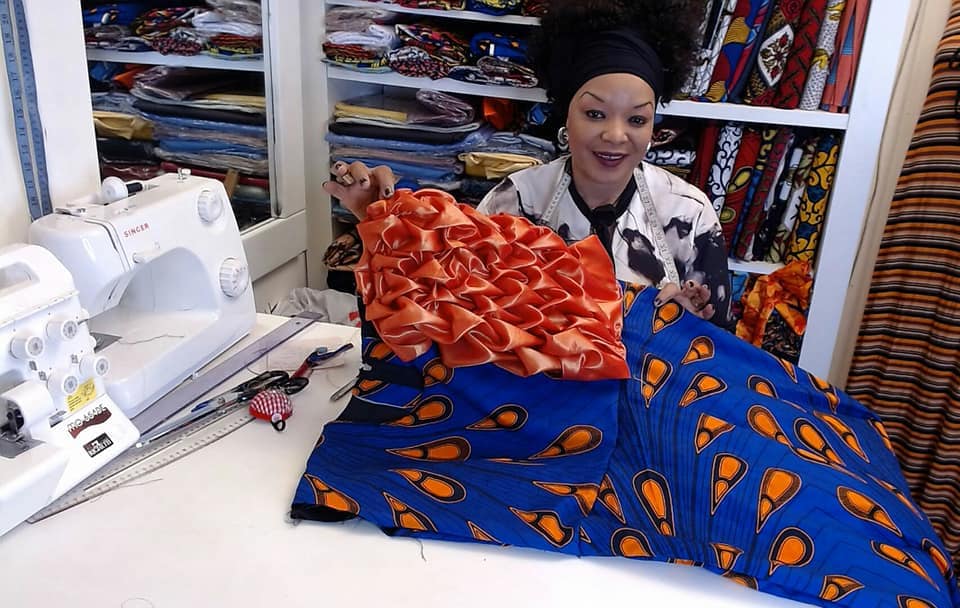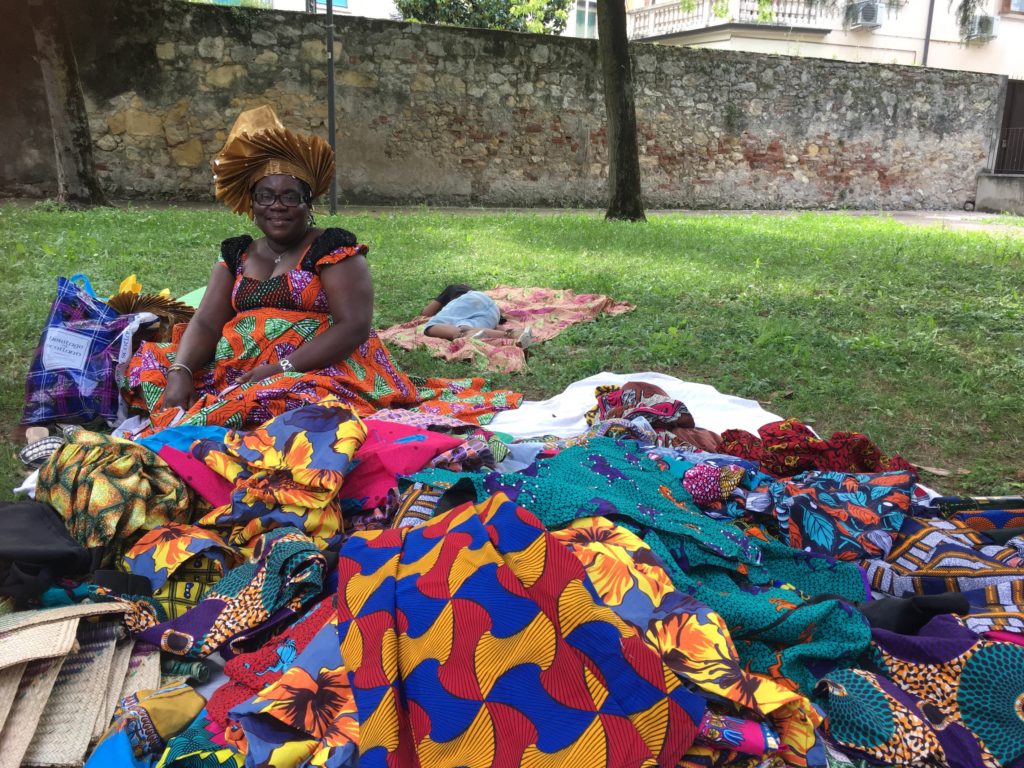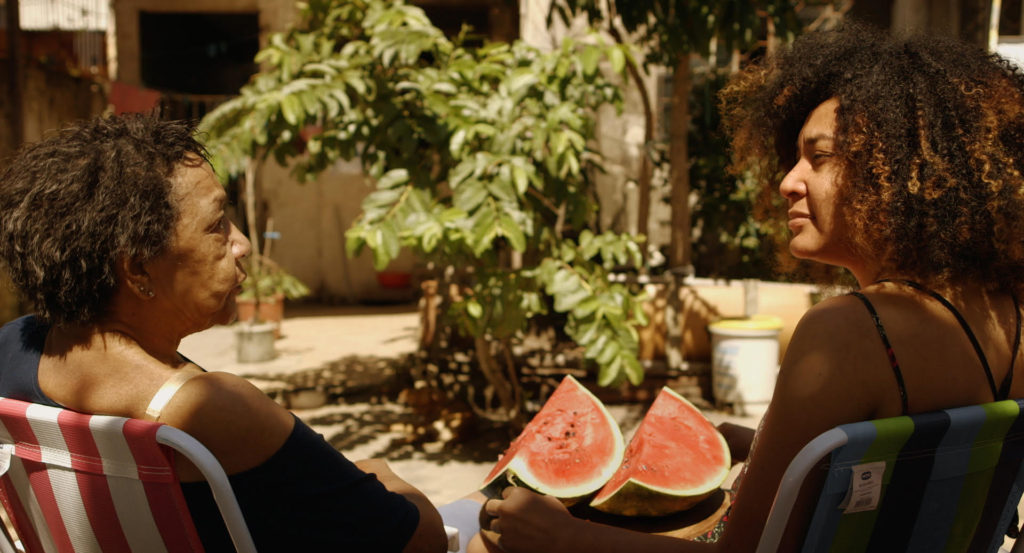Calling all audiobook lovers! While there’s nothing better than cosying up with a good book, it’s undeniable that a good audiobook is just as irresistible. Audiobooks keep us company during daily commutes, chores, and exercise, adding just a little more spice to the mundane tasks of life. And yes, listening to an audiobook absolutely counts as reading.
✍🏾Laura Rodriguez-Davis 📷 Joyce Busola on Unsplash
In the world of literature, migrant women do more than just share their words. They also lend their voices to books, infusing narrative with personality and character. Here are a few ethnically diverse migrant women narrators whose work you need to check out today.
Tania Rodrigues
Raised in Hong Kong, Taina Rodrigues is now based in London. However, she has spent quite some time in the US. Her cultural heritage spans across India, Portugal, and Britain. In addition to her voice-over work, Rodrigues is also involved in acting and facilitating. She is passionate about story and using drama to help people challenge their preconceived perceptions. Rodrigues has narrated several notable audiobooks, including the 2006 Booker Prize Winner ‘The Inheritance of Loss’ by Kiran Desai and the 2011 Waterstone Prize Winner ‘Artichoke Hearts’ by Sita Bramachari. She received an Earphones Award from AudioFile Magazine for her narration of ‘Slade House’ by David Mithcell and Thomas Judd. You can find more of her audiobook work here.
Natalie Simpson
Nigerian-born Natalie Simpson has dozens of credits in her name. Not only is Simpson a skilled artist in the world of musical theatre, radio drama, and singing, but she is also the narrator for ‘Queen Charlotte ’ written by Julia Quinn and Shonda Rhimes and Victor Hugo’s ‘Les Miserables’. She lived in Nigeria for 24 years, travelling between England and Nigeria from the age of 11. She has extensively talked about her mixed-race identity. She received an AudioFile Earphones Award for her narration of ‘Queen Charlotte’ and an Ian Charleson Award for her role in The Cardinal at Southwark Playhouse. You can find more of her audiobook work here.

Elmira Rahim
Hailing from Iran, Elmira Rahim has performed on stages in Tehran, Paris, and Los Angeles. Rahim is also the first Iranian woman to be admitted to the University of Southern California MFA in Acting programme, which she graduated in 2015. She has since done voice-over work in both Farsi and English. Rahim is also the founder and artistic director of the ELÁN Ensemble, a theatrical company in L.A. focused on bringing collective experiences through innovative productions. She has written about her journey as an immigrant, her identity, and her growth as an artist. You can hear samples of her work here.
Ana Clements
Ana Clements originally began her career in finance before finding her way to audiobook narration and voice-over work. Native to Spain but raised in London, she now works full-time doing narration in both English and Spanish. You can hear her voice on ‘A Girl with a Knife’ by Alina Rubin and ‘How to Get Your Teenager Out of Their Bedroom’ by Anita Cleare. Clements has worked with numerous major publishing companies across the US, UK, and Europe, including Audible, Penguin Random House, Dreamscape, and Harper Audio. She also offers coaching services for narrators. You can find her work here.
Sohm Kapila
With roots in India, Sohm Kapila was brought up in Nottingham before she moved to London for her acting training. She cites seeing her father’s emotional reaction to a play about racism in football as a child as her inspiration for pursuing acting. Kapila is also known for doing a variety of accents in her voice over work, including Indian, East Midlands, and London. Currently, Kapila lives in Los Angeles and has been featured on several notable television shows (Jane the Virgin, Never Have I Ever, Charmed) and films (Skyscraper, The Mummy). She was also a series regular on BBC Radio Play Silverstreet. You can listen to samples of Kapila’s work here.

With audiobooks becoming wildly popular, the world of literary narration is hearing more diverse voices as more historically underrepresented authors are paving their way to being published. This is why more inclusive voices are needed to narrate these stories.
These migrant women narrators are changing the way these stories are told by ensuring that the work of cultural minorities, immigrants, and women is fairly represented. So, the next time you settle in with an audiobook, check out the narrator! You just might be listening to a migrant woman.



